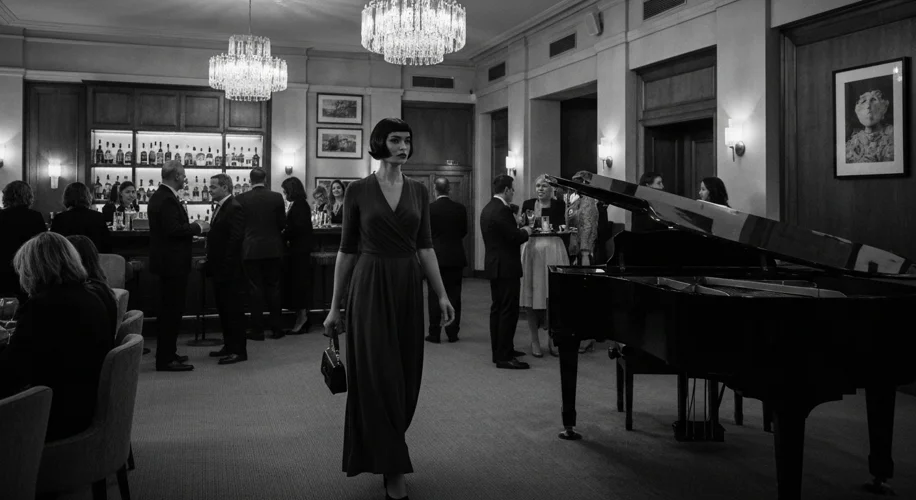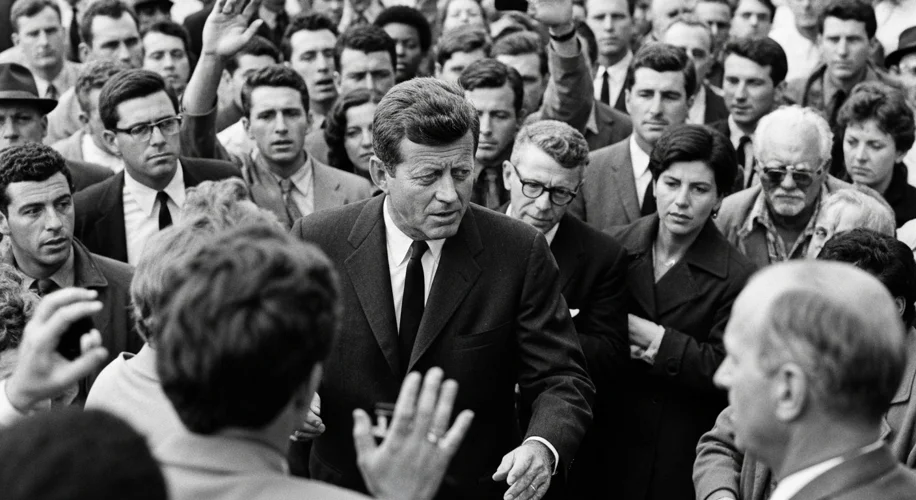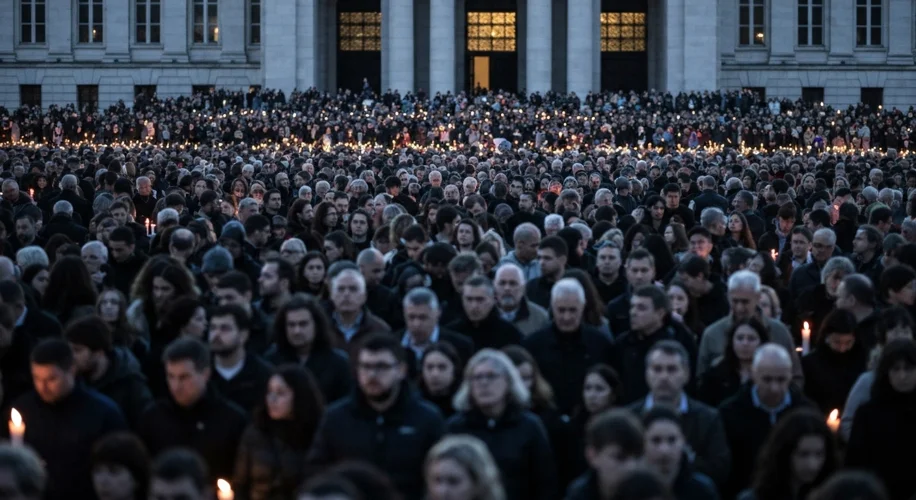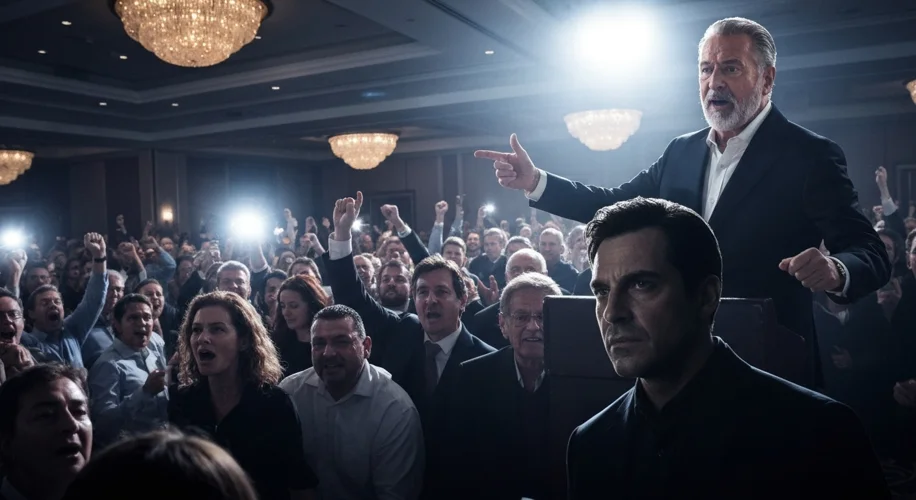The air in the Ambassador Hotel’s Embassy Ballroom in Los Angeles on June 5, 1968, crackled with the energy of a nation on the cusp of change. Robert F. Kennedy, the charismatic senator from New York, had just delivered a victory speech after winning the California presidential primary. His words, filled with hope and a vision for a more just America, resonated with a diverse crowd hungry for a different path.

But as Kennedy navigated the jubilant throng, a shadow fell. Sirhan Sirhan, a young Palestinian immigrant nursing deep-seated grievances, emerged from the crowd. In the stifling heat and the cacophony of celebration, the unthinkable happened. A .22 caliber revolver barked, not once, but eight times. Kennedy, the man many saw as the embodiment of America’s potential for healing and progress, crumpled to the ground, mortally wounded.
This wasn’t just the end of a life; it was the shattering of a dream. 1968 was a year already defined by seismic shifts. The Tet Offensive had laid bare the brutal reality of the Vietnam War, Martin Luther King Jr. had been assassinated just months before, and anti-war protests were escalating. The nation was a tinderbox, and the assassination of RFK, brother of the martyred President John F. Kennedy, felt like the final, devastating blow.
Kennedy had emerged as a powerful voice for the disenfranchised, a champion for civil rights, and a fervent critic of the Vietnam War. His campaign had galvanized a coalition of Black voters, Latinos, the working class, and disillusioned white liberals. He offered a message of hope, of reconciliation, and of a government that could actively address poverty and inequality. His supporters saw in him a chance to mend the deep societal fissures that had opened during the turbulent 1960s.

Sirhan Sirhan, the assassin, claimed to be motivated by Kennedy’s support for Israel and his perceived role in the displacement of Palestinians. His act, however, plunged a nation already reeling into deeper despair. The immediate aftermath was chaos and disbelief. Witnesses described the scene as a nightmare unfolding – the cheers turning to screams, the joyous atmosphere replaced by terror and confusion. Kennedy’s wife, Ethel, rushed to his side, her stoic strength in the face of tragedy becoming an enduring image of that night.
Kennedy died the following day, June 6, 1968, a date that would forever be etched in the American consciousness alongside June 6, 1944. His death left a gaping void in the political landscape. Vice President Hubert Humphrey, who ultimately secured the Democratic nomination, struggled to capture the same unifying spirit. The Republican candidate, Richard Nixon, went on to win the presidency, ushering in an era that many felt was a stark departure from the idealism Kennedy represented.

The consequences of this single act of violence were profound and far-reaching. The assassination contributed to a sense of national trauma and disillusionment. It marked a turning point, signaling the end of an era of fervent idealism and the beginning of a more cynical political climate. The civil rights movement, while continuing its vital work, lost one of its most powerful and visible allies. The anti-war movement, too, saw its momentum falter without Kennedy’s advocacy.
Looking back, the assassination of Robert F. Kennedy serves as a stark reminder of the fragility of progress and the devastating impact of political violence. It forces us to confront the persistent divisions within American society and the enduring struggles for justice and equality. His life and his tragic death continue to echo, a somber testament to a potential future that was tragically cut short, leaving us to ponder what might have been.

